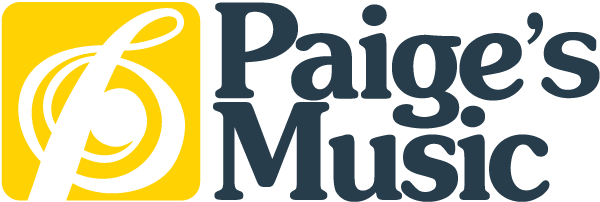Music Is Freaking Magical
“Music is freakin’ magical. In 40-some years I have never gotten over it — you take some seemingly random marks on a page, you blow air through a carefully constructed tube, and what comes out the other side is a sound that can convey things that words cannot. And you just blow air through a tube. Or pull on a string. Or whack something. And while we can do a million random things with a million random objects, somehow, when we just blow some air through a tube, we create sounds that can move other human beings, can reach right into our brains and our hearts. That is freakin’ magical.”
~ Peter Greene, “Stop ‘defending’ music education,” The Huffington Post, June 11, 2015.

